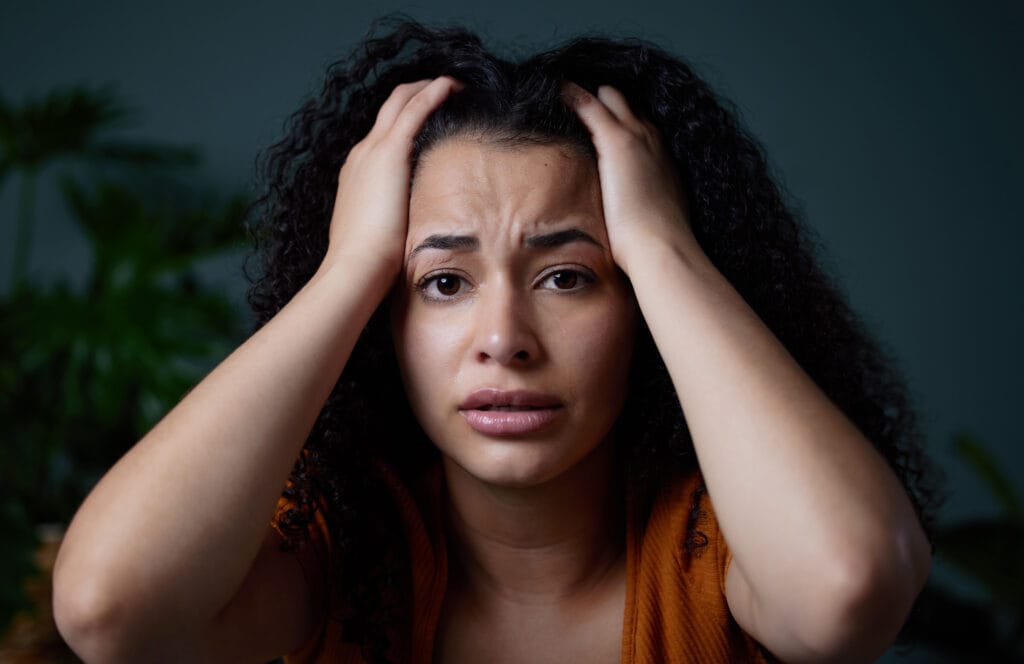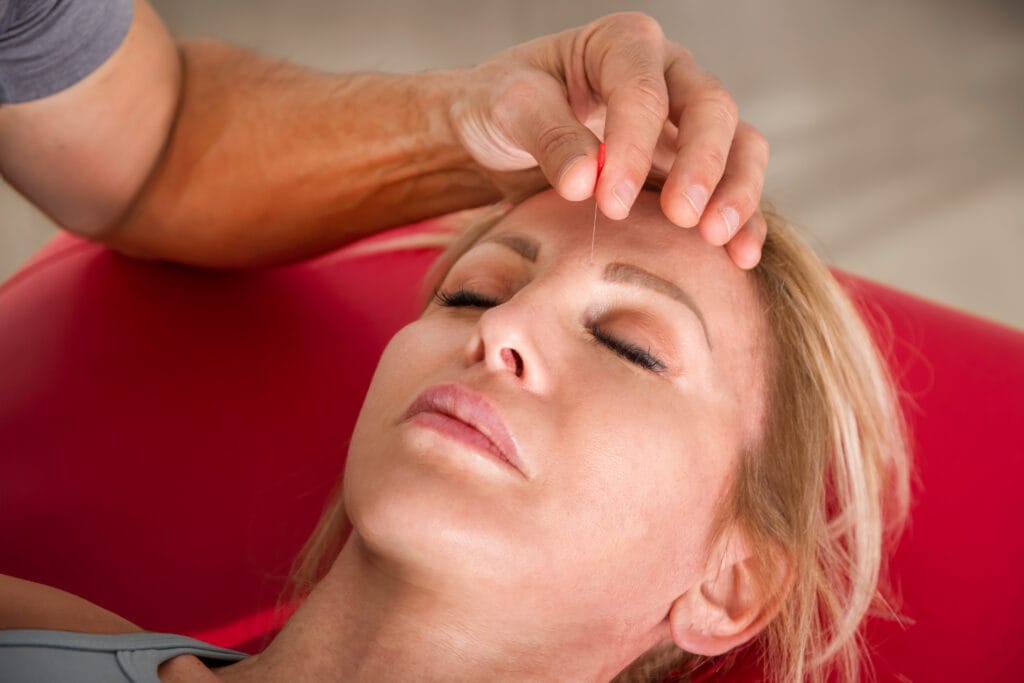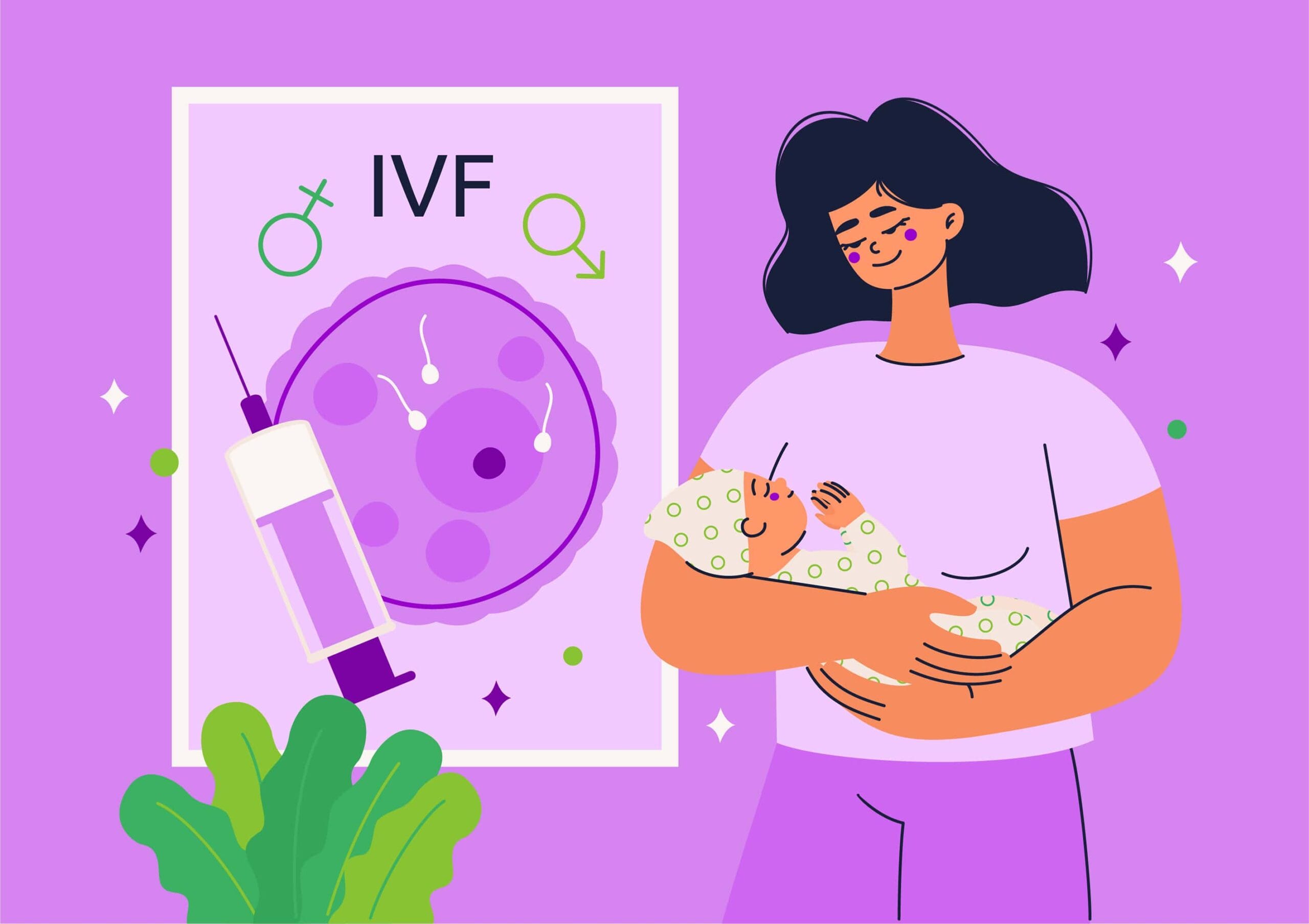Anxiety is a natural response to stress, but when it becomes overwhelming, it can negatively impact both mental and physical health. While traditional treatments such as therapy and medication are often effective, many people are turning to alternative methods to support emotional well-being. One of these methods is acupuncture, an ancient Chinese practice that uses specific points on the body to promote healing and balance. Acupuncture points are particularly powerful in helping manage stress and enhancing emotional wellness.
In this blog, we’ll explore the role of acupuncture points in fostering emotional balance and how they contribute to overall emotional wellness.

What Is Acupuncture and How Does It Help Anxiety?
Acupuncture, a key component of traditional Chinese medicine (TCM), involves inserting thin needles into specific points on the body. The goal is to balance the flow of energy, or “Qi,” through pathways known as meridians. Anxiety, in the context of acupuncture, is often seen as an imbalance or blockage in this energy flow. By targeting these points, practitioners aim to restore balance, promote calmness, and reduce the physical symptoms of stress.
For those struggling with emotional wellness, acupuncture offers a holistic approach. It targets the emotional and mental aspects of anxiety, helping to ease the mind and overall wellness.
Top Acupuncture Points for Anxiety Relief and Emotional Wellness
Yintang (Hall of Impression)
Yintang, located between the eyebrows, is one of the most effective acupressure points for anxiety. Often referred to as the “third eye,” it’s believed to help quiet the mind and reduce the feelings of restlessness associated with anxiety. This point is essential for fostering a sense of clarity and emotional stability.
- How it helps: Stimulating Yintang promotes mental clarity and reduces overthinking, making it a great tool for emotional wellness. By calming the nervous system, this point helps alleviate anxiety and stress, allowing for more balanced emotional health.
Shen Men (Heavenly Gate)
Located in the upper ear, Shen Men is known for its powerful effects on anxiety, stress, and emotional turmoil. This acupuncture point for anxiety is often referred to as the “Heavenly Gate” because of its ability to bring about deep relaxation and inner peace.
- How it helps: Shen Men helps reduce symptoms of emotional distress, including anxiety, depression, and irritability. By calming the mind and promoting relaxation, it plays a key role in maintaining emotional wellness and preventing the buildup of chronic stress.
Jian Jing (Shoulder Well)
Jian Jing, located in the shoulder muscles, is particularly effective in releasing tension. Emotional stress often manifests physically, and anxiety is no exception. By targeting this point, acupuncture helps alleviate the physical burden of stress, allowing the body to release built-up tension.
- How it helps: Anxiety often leads to muscle tension, particularly in the neck and shoulders. Jian Jing helps to physically release this tension, which can improve emotional wellness by making you feel less weighed down by stress and anxiety.
He Gu (Union Valley)
Located between the thumb and index finger, He Gu is a versatile point known for its ability to relieve stress, anxiety, and headaches. By promoting a sense of balance, this acupuncture point for anxiety contributes to emotional wellness, especially when dealing with sudden emotional outbursts or anxiety attacks.
- How it helps: He Gu works on both the physical and emotional levels by calming the nervous system and reducing emotional stress. This can help you maintain composure in stressful situations, promoting long-term emotional wellness.
Tai Chong (Great Surge)
Tai Chong, located on the foot, is closely associated with balancing emotions and restoring harmony. It is particularly effective for those who feel emotionally overwhelmed or are struggling with mood swings due to anxiety.
- How it helps: This acupuncture point for anxiety helps regulate the liver, which in traditional Chinese medicine is believed to be linked to emotional stability. By stimulating Tai Chong, you can ease feelings of frustration, irritability, and anxiety, fostering emotional balance and peace.
Neiguan (Inner Frontier Gate)
Found on the inner wrist, Neiguan is known for its ability to calm the heart and mind. This acupuncture point for anxiety is especially helpful in managing emotional distress, panic, and even physical symptoms like heart palpitations associated with anxiety.
- How it helps: Neiguan plays a significant role in calming the heart, which is often overactive during periods of anxiety. This point helps regulate emotional responses, allowing for better emotional control and overall wellness.
The Role of Acupuncture Points in Emotional Wellness
Acupuncture points not only help alleviate the symptoms of anxiety but also contribute to overall emotional wellness by addressing the mind-body connection. Here’s how these points support emotional balance:

Balancing Qi for Emotional Stability
In traditional Chinese medicine, emotional wellness is closely linked to the balance of Qi, or life energy. Anxiety is often seen as a result of blocked or imbalanced Qi. By targeting acupuncture points, the flow of Qi is restored, leading to a more balanced emotional state.
Calming the Nervous System
Anxiety often triggers the “fight or flight” response in the body, putting the nervous system on high alert. Acupuncture works by stimulating the parasympathetic nervous system, which is responsible for rest and relaxation. This helps to bring the body out of its anxious state and into a calmer, more balanced condition.
Releasing Emotional Tension
Emotional wellness isn’t just about the mind; it’s also about how the body holds onto stress. Many of the acupuncture points, such as Jian Jing (Shoulder Well), are designed to release physical tension, which often accompanies emotional stress. This dual approach helps in reducing both physical and emotional burdens.
Supporting Long-Term Emotional Health
Unlike quick fixes that only mask the symptoms of anxiety, acupuncture works to address the root cause of emotional imbalance. Regular stimulation of acupuncture points can lead to long-term improvements in emotional wellness by helping the body and mind adapt to stress more effectively.
How Acupuncture Points Enhance Emotional Resilience
Emotional resilience is the ability to bounce back from stressful situations. Acupuncture points like Shen Men and He Gu, play a key role in building this resilience. By regularly stimulating these points, you train your body and mind to handle anxiety better, making you more emotionally strong and stable over time.
Benefits of Acupuncture for Anxiety and Emotional Wellness
Reduces Stress and Anxiety
Acupuncture targets key points that help alleviate the overwhelming symptoms of anxiety. This leads to a calmer, more relaxed state, which contributes to overall emotional wellness.
Improves Sleep Quality
Anxiety can often interfere with sleep, which is essential for emotional well-being. Many acupuncture points also help with insomnia, promoting better sleep and, in turn, better emotional health.
Enhances Mood and Emotional Balance
By restoring the flow of Qi and calming the nervous system, acupuncture has a direct impact on mood regulation. It helps reduce mood swings and emotional instability, promoting a more balanced emotional state.
Supports Mind-Body Connection
Acupuncture strengthens the mind-body connection by addressing both the physical and emotional aspects of anxiety. This holistic approach helps you become more aware of how your body and mind interact, leading to greater emotional insight and control.







